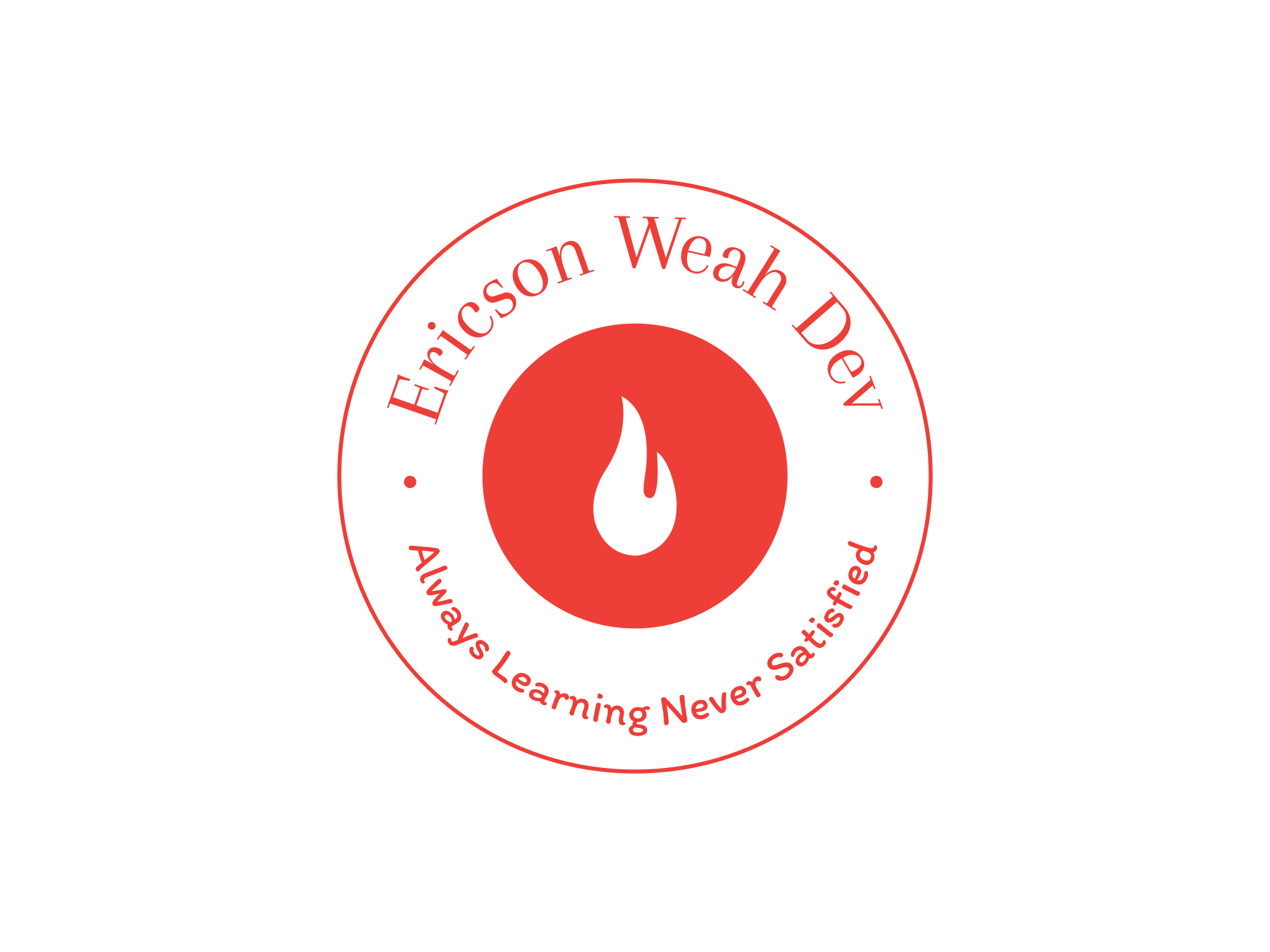Choosing the Right CMS: WordPress vs. Other Platforms

Selecting the right Content Management System (CMS) is a crucial decision for any business aiming to manage its digital content effectively and drive online success. A well-chosen CMS can streamline content creation, enhance website functionality, and support your digital strategy. This blog post explores the features, benefits, and limitations of WordPress compared to other popular CMS platforms, providing insights and practical advice to help you make an informed decision.
Introduction
In today’s digital age, having a robust online presence is essential for business success. A key component of this presence is a reliable CMS that allows businesses to manage their websites efficiently. With numerous CMS options available, choosing the right one can be daunting. This post aims to simplify this decision by comparing WordPress with other leading CMS platforms, highlighting their unique features, advantages, and potential drawbacks.
What is a CMS?
A Content Management System (CMS) is software that enables users to create, manage, and modify digital content without requiring specialized technical knowledge. CMS platforms provide a user-friendly interface for managing website content, facilitating updates, and enhancing functionality through various plugins and modules. They are critical for maintaining an up-to-date, engaging, and professional online presence.
WordPress vs. Other Popular CMS Platforms
WordPress
Overview
WordPress is the most popular CMS globally, powering over 40% of all websites. It is known for its ease of use, flexibility, and extensive plugin ecosystem.
Advantages
- Flexibility: WordPress supports a wide range of websites, from blogs and business sites to e-commerce stores and portfolios.
- Extensive Plugin Ecosystem: With over 58,000 plugins available, users can easily extend functionality.
- Strong Community Support: A large, active community offers extensive documentation, forums, and tutorials.
- Ease of Use: Its user-friendly interface makes it accessible to non-technical users.
Potential Limitations
- Security Vulnerabilities: As the most popular CMS, it is often targeted by hackers, necessitating regular updates and security measures.
- Maintenance: Regular updates to the core software, themes, and plugins are required to ensure security and functionality.
Other Platforms
Drupal
Overview
Drupal is known for its robust customization capabilities and is often used for complex, large-scale websites.
Advantages
- High Security: Drupal is renowned for its strong security features, making it a preferred choice for government and enterprise websites.
- Scalability: It handles large amounts of data and high traffic efficiently.
- Robust User Permissions: Advanced user management features support complex roles and permissions.
Potential Limitations
- Steeper Learning Curve: Drupal requires more technical expertise, which can increase development time and costs.
- Higher Development Costs: Customization often requires experienced developers, leading to higher initial costs.
Joomla
Overview
Joomla offers a balanced mix of ease of use and extensibility, catering to both small businesses and larger organizations.
Advantages
- Flexibility: Joomla supports a wide variety of websites with its powerful features and extensions.
- User-Friendly: Easier to use than Drupal, yet more flexible than WordPress in some aspects.
Potential Limitations
- Less Extensive Plugin Options: Compared to WordPress, Joomla has a smaller selection of plugins.
- Complexity: While user-friendly, it can still be complex for absolute beginners.
Shopify
Overview
Shopify is a leading e-commerce platform, designed to make setting up and managing online stores straightforward.
Advantages
- Seamless E-Commerce Functionality: Built-in tools for product management, payments, and shipping.
- Reliability: Hosted solution with excellent uptime and performance.
- Excellent Customer Support: 24/7 customer support and extensive resources.
Potential Limitations
- Higher Costs for Advanced Features: Additional features and apps often come at a higher cost.
- Less Flexibility for Non-E-Commerce Sites: Primarily designed for e-commerce, limiting its use for other types of websites.
Wix
Overview
Wix offers an intuitive drag-and-drop interface, targeting small businesses and individuals looking for an easy-to-use website builder.
Advantages
- Ease of Use: No coding skills required, with a user-friendly drag-and-drop editor.
- Affordability: Competitive pricing for small businesses and personal websites.
- Built-In Hosting: No need to worry about hosting setup and maintenance.
Potential Limitations
- Limited Customization: Less flexibility compared to more advanced CMS platforms.
- Scalability: May not be suitable for larger, more complex websites.
Comparison Criteria
Ease of Use
WordPress: Highly user-friendly, ideal for non-technical users. Drupal: Steeper learning curve, requiring technical expertise. Joomla: Moderately easy to use with some learning required. Shopify: Very easy for e-commerce management. Wix: Extremely user-friendly, suitable for beginners.
Customization and Flexibility
WordPress: Highly customizable with extensive plugins. Drupal: Extremely flexible with advanced customization options. Joomla: Balanced customization capabilities. Shopify: Customizable but primarily for e-commerce. Wix: Limited customization compared to others.
Scalability
WordPress: Scalable but may require performance optimization. Drupal: Highly scalable, ideal for large sites. Joomla: Scalable with the right setup. Shopify: Scalable for e-commerce but limited for other types. Wix: Limited scalability for larger sites.
Security
WordPress: Requires regular updates and security plugins. Drupal: Known for strong security features. Joomla: Secure with proper configuration. Shopify: High security for e-commerce. Wix: Secure but less robust than dedicated CMS platforms.
Cost
WordPress: Free core with paid plugins and themes. Drupal: Free core with potentially high development costs. Joomla: Free core with paid extensions. Shopify: Monthly subscription with additional app costs. Wix: Monthly subscription with tiered pricing.
Community and Support
WordPress: Large, active community with extensive resources. Drupal: Strong community with detailed documentation. Joomla: Supportive community with good resources. Shopify: Excellent customer support. Wix: Strong support with extensive tutorials.
Real-World Examples and Case Studies
WordPress Success Story
A small business used WordPress to launch a professional website quickly. Utilizing plugins for SEO, social media integration, and e-commerce, they saw a significant increase in traffic and sales within months, demonstrating WordPress’s versatility and effectiveness for small businesses.
Drupal Success Story
A government agency implemented Drupal for its high security and scalability. The platform’s robust user permissions allowed for complex workflows and secure data management, resulting in improved efficiency and enhanced public service delivery.
Practical Tips for Selecting the Right CMS
Assessing Business Needs
Identify your specific requirements and goals, such as e-commerce capabilities, content types, and user management needs.
Evaluating Technical Skills
Consider the technical expertise available within your organization. Choose a CMS that matches your team’s skills or invest in training.
Budget Considerations
Balance the desired features and functionality with your budget constraints. Factor in costs for development, plugins, and ongoing maintenance.
Future-Proofing
Ensure the chosen CMS can accommodate future growth and changes. Look for scalability, flexibility, and a strong community support.
Resources for Further Learning
- WordPress: Official Documentation, WPBeginner
- Drupal: Official Documentation, Drupalize.Me
- Joomla: Official Documentation, Joomla Beginner
- Shopify: Shopify Academy, Shopify Help Center
- Wix: Wix Help Center, Wix Learn
Conclusion
Choosing the right CMS is a critical decision that can significantly impact your digital strategy and business success. By carefully evaluating your needs, technical skills, budget, and future growth potential, you can select a CMS that best fits your business. Whether you opt for WordPress, Drupal, Joomla, Shopify, or Wix, each platform offers unique benefits and capabilities to help you manage your digital content effectively and achieve your online goals.
A well-chosen CMS can transform your digital presence, streamline content management, and drive business success. By understanding the strengths and limitations of different CMS platforms, you can make an informed decision and leverage the right tools to create a dynamic, engaging, and professional website.






 and then
and then
Responses